HARLAN – IN THE SHADOW OF JEW SÜSS
A FILM BY FELIX MOELLERDE 2008, 100 MIN
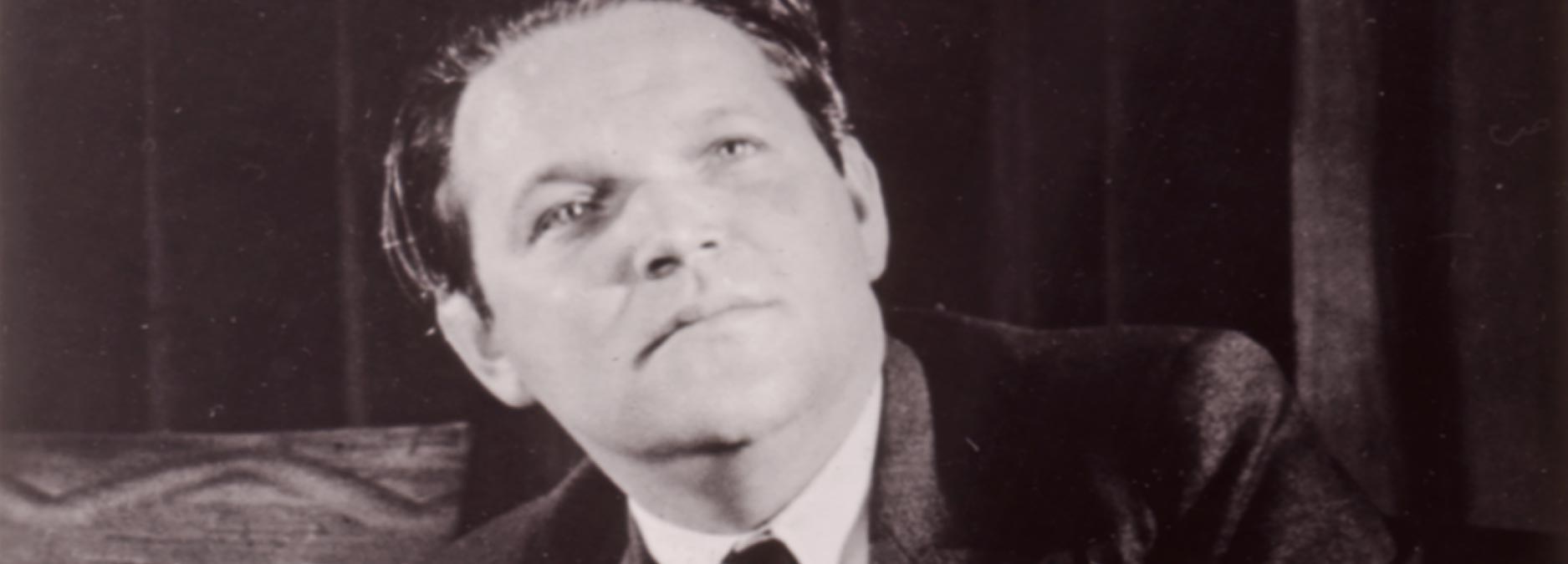 Veit Harlan, © Blueprint Film
Veit Harlan, © Blueprint Film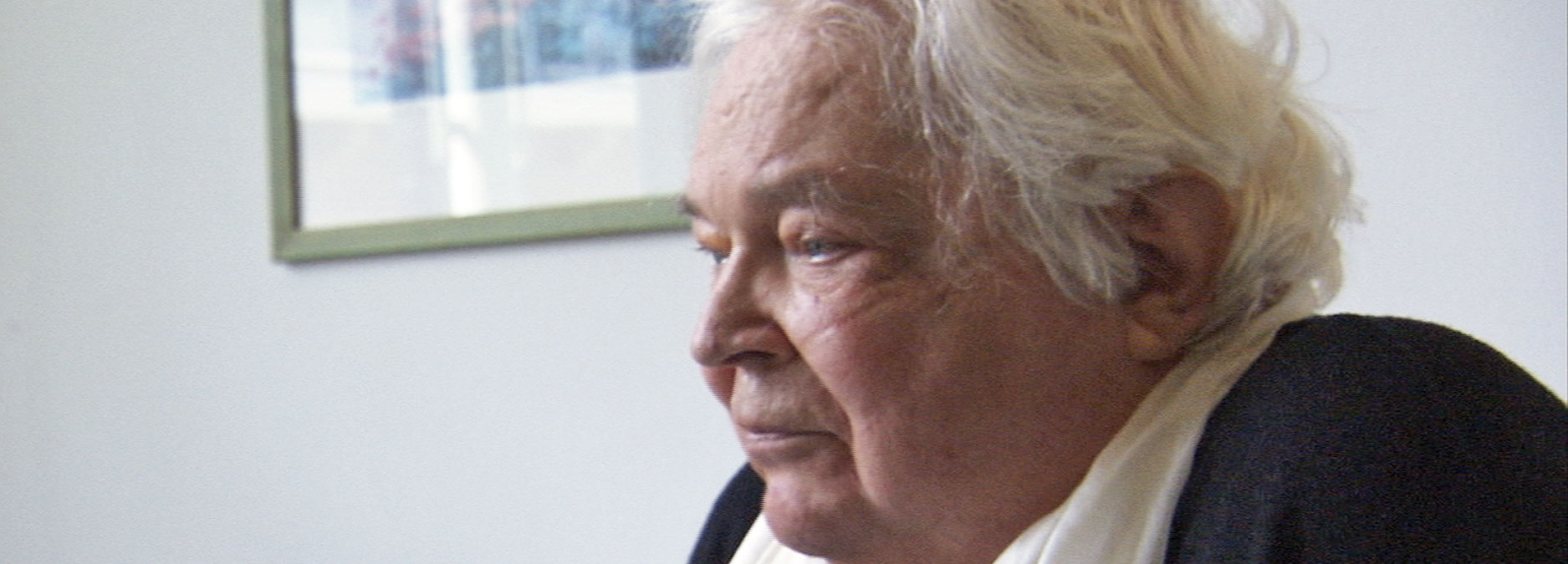 Thomas Harlan, © Blueprint Film
Thomas Harlan, © Blueprint Film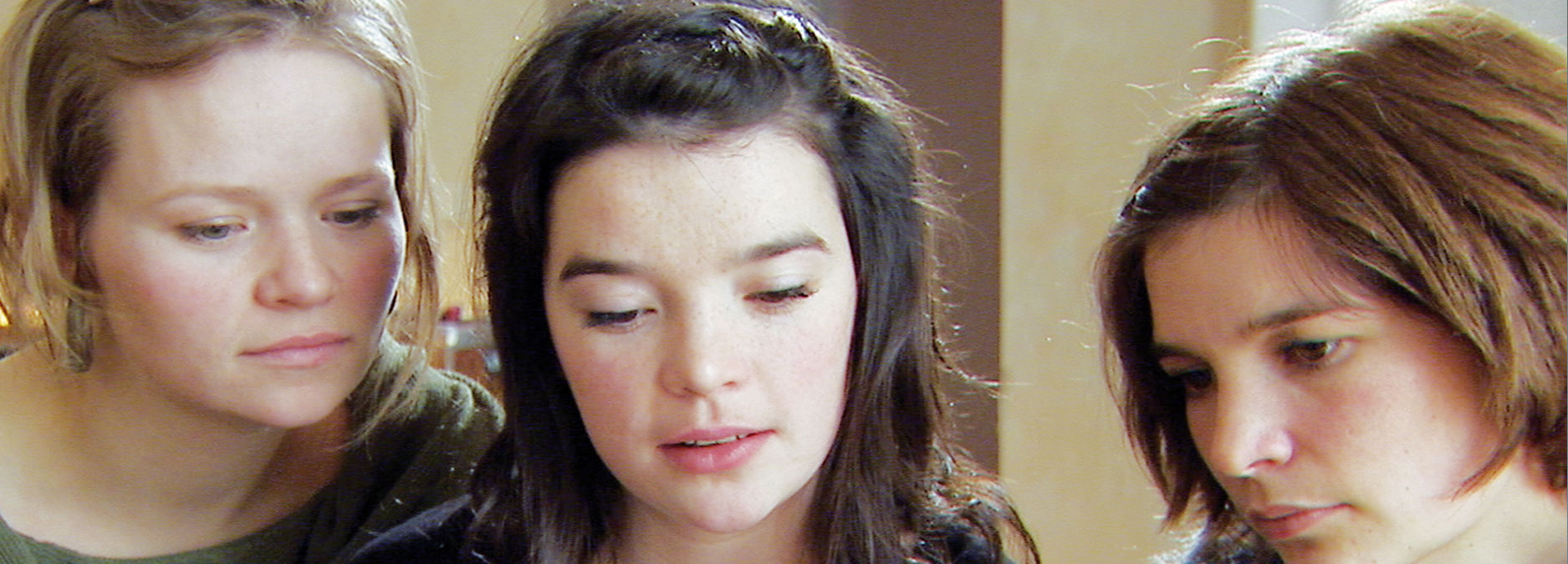 Lotte, Nele and Lena Harlan, © Blueprint Film
Lotte, Nele and Lena Harlan, © Blueprint Film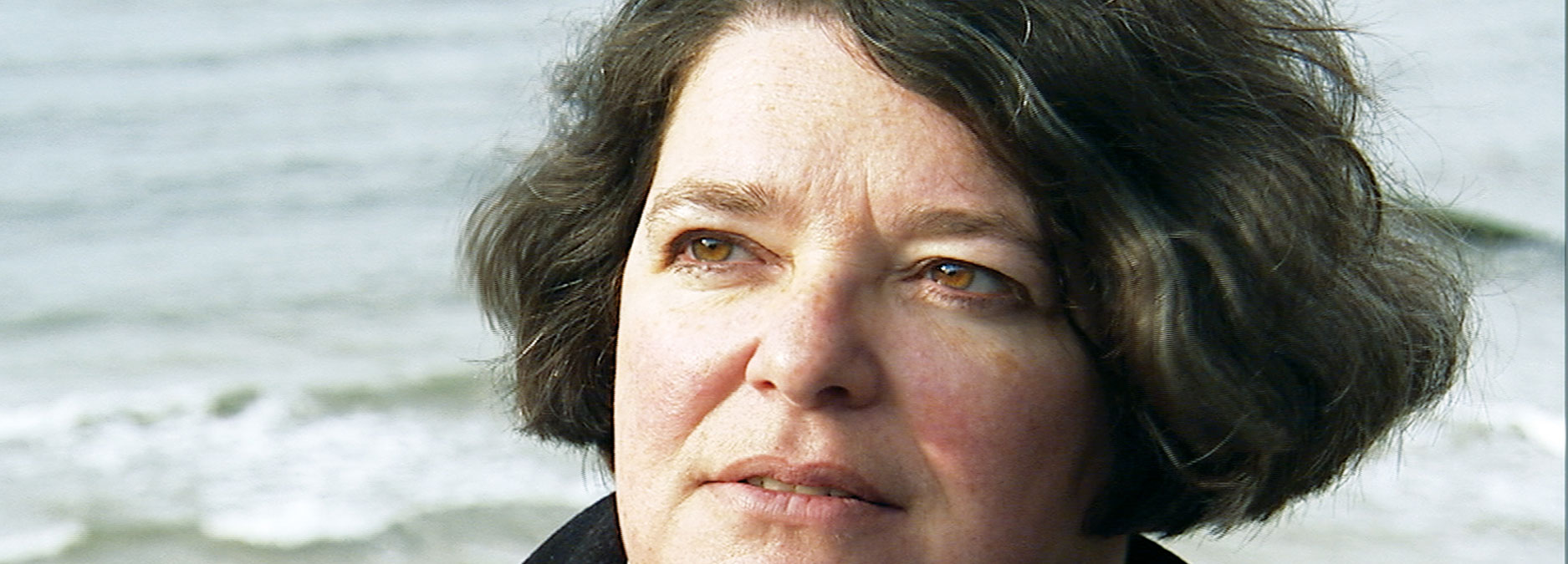 Jessica Jacoby, © Blueprint Film
Jessica Jacoby, © Blueprint Film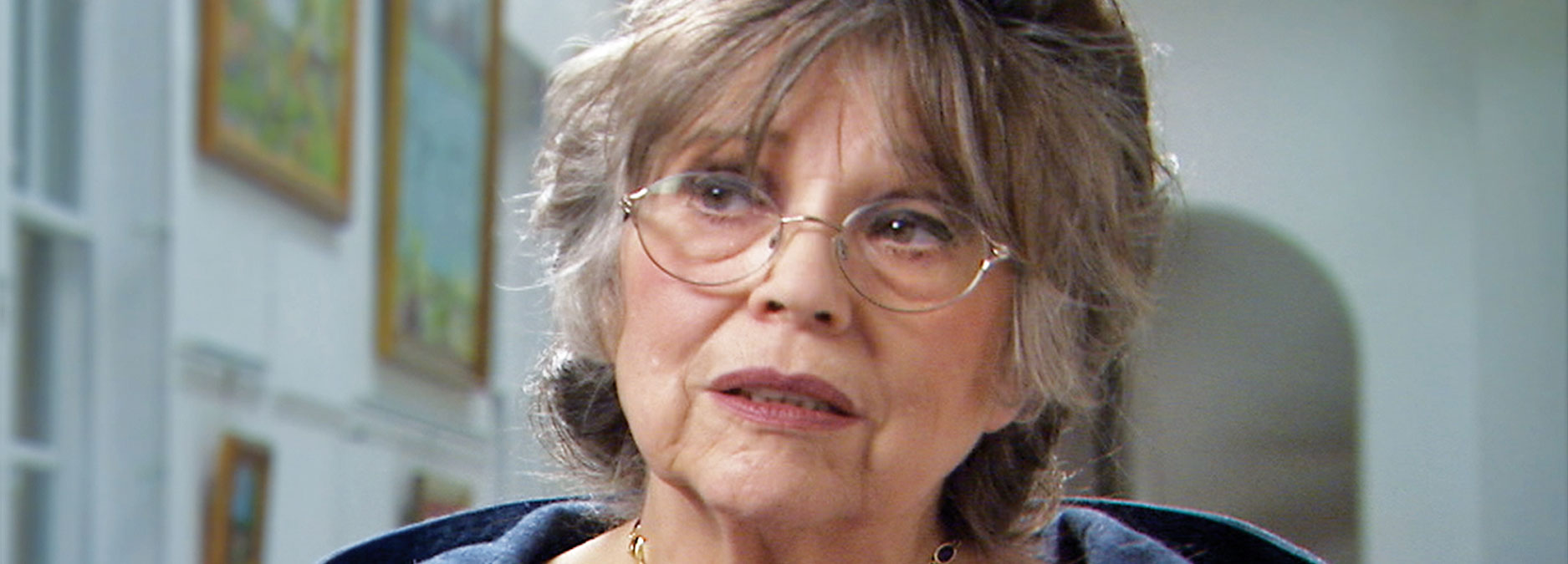 Christiane Kubrick, © Blueprint Film
Christiane Kubrick, © Blueprint Film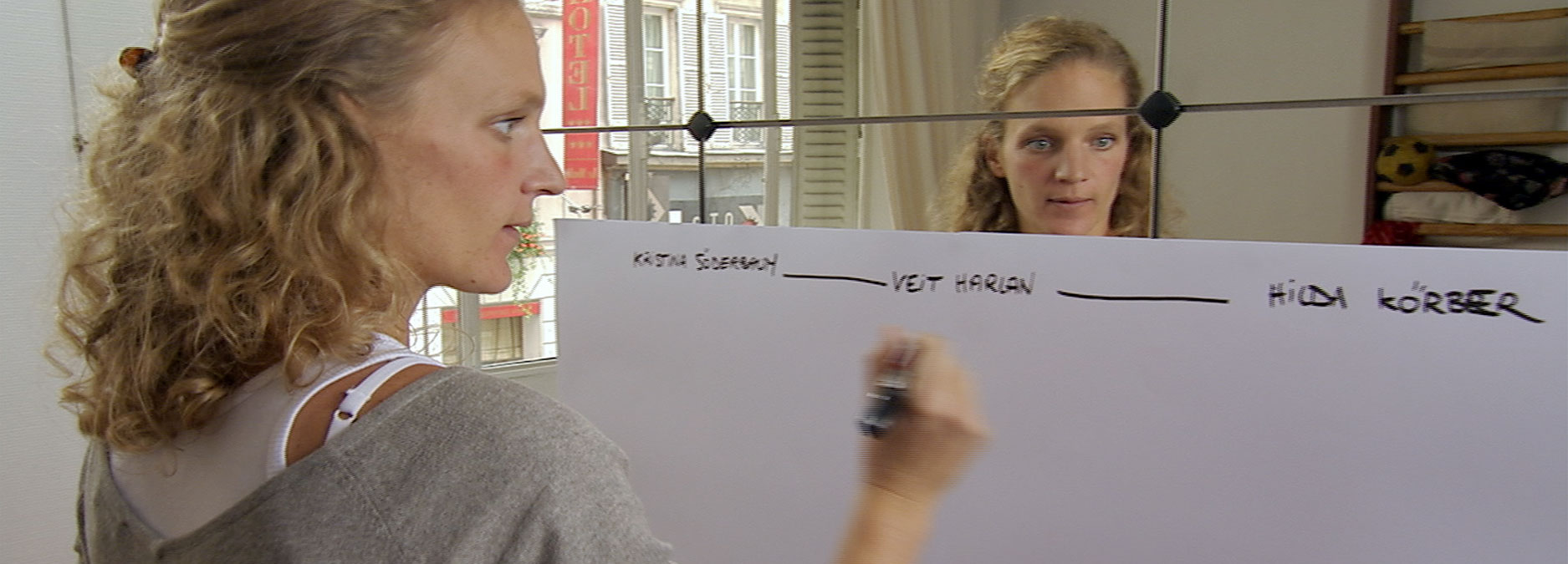 Alice Harlan, © Blueprint Film
Alice Harlan, © Blueprint Film
SYNOPSIS
Veit Harlan was Nazi Germany’s most successful film director. A hundred million spectators saw his films all over Europe, including the perfidious anti-Semitic Propaganda film “The Jew Süss”. Equally obsessive as he was gifted, Harlan is without a doubt Nazi cinema’s most equivocal figure, together with Leni Riefenstahl. A master of national kitsch, exultations of death and melodrama, he was an artist as blinded as he was talented. With his monumental film “Kolberg”, released 1945, he produced the major enduring epic of a declining regime. To this day, many remain fascinated by the driven, crafted aesthetics and darkly seductive power of Harlan’s films.
After World War II Veit Harlan was the only Third Reich artist who was charged with crime against humanity, yet he was acquitted in two trials. The documentary presents the first biography of Veit Harlan with numerous film extracts and previously unreleased film material from the private family archive. It also shows how Veit Harlan’s family – including the youngest generation – struggles until today with the dark myth of artistic immorality.
PROTAGONISTS AND CREW
Thomas Harlan, Maria Körber, Caspar Harlan, Kristian Harlan, Christiane Kubrick, Jan Harlan, Jessica Jacoby, Alice Harlan, Chester Harlan, Nele Harlan, Lotte Harlan, Lena Harlan u.a.
Written and Directed: Felix Moeller
Director of Photography: Ludolph Weyer, BVK
Sound: Martin Noweck
Editing: Anette Fleming
Original Score: Marco Hertenstein (interpreted by The Munich Philharmonic Orchestra)
Narrator: August Zirner
Producer: Amelie Latscha
A Blueprint Film Production in co-production with WDR/RBB/NDR and YLE TEEMA ATELJEE. With the participation of Friedrich-Wilhelm-Murnau-Stiftung / Transit Film. Supported by FFF Bayern, BKM, DFFF. Project development supported by the Media Program of the European Union.
.............................................................................................
Theatrical Release: Germany, 23rd April 2009 distributed by Edition Salzgeber, www.salzgeber.de; USA: 2. March 2010 distributed by Zeitgeist Films, www.zeitgeistfilms.com
DVD Release: Germany, 8th Dezember 2009, (www.delicatessen.org); USA, August 2010
Festivals (Auswahl): Dokfest Leipzig 2008 (World Premiere), Jewish Film Festival Berlin 2009, Jerusalem International Film Festival 2009, Telluride Filmfestival 2009, Jewish Film Festival Boston 2009, UK Jewish Film Festival 2009, Stockholm International Film Festival 2009, Film Festival WATCH DOCS Warschau 2009, Filmschau Baden-Württemberg 2009, East Bay International Jewish Film Festival 2010, 13. European Union Film Festival 2010, Chicago, Seattle International Film Festival 2010
Awards: Award for Preservation of Audio Visual Memory, Jerusalem International Film Festival 2009
PRESS
“As one of the most notorious helmers of the Third Reich, Veit Harlan has spawned a near industry among academies dissecting his films. Felix Moeller's terrific docu 'Harlan - In the Shadow of The Jew Suess' cleverly shifts the discourse and concentrates more on the director's family, subtly exploring questions of guilt and filial devotion while keeping the man's monstrous legacy front and center. (...) While it's clear the descendants are deeply divided on how to handle their legacy, their fractured relationships and ambiguous acceptance has become a metaphor for the German nation as a whole. (...) Expert use of film clips, homemovies, newsreels and occasional historic interviews with Veit Harlan and Soederbaum enhance things, and Moeller's own stance is apparent through clever editing, especially when Harlan's protestations of innocence are followed by a clip from 'Jew Suess' in which the evil Jew claims he was only acting on orders.” Variety
“Largely interesting and thought provoking. (…) What motivated Harlan to write and direct such a film? Was he a Nazi true believer, an opportunistic careerist or just a filmmaker too fearful to say no? (…) The issue has various possible answers, all of which Mr. Moeller's film ponders without favouring one over another.” New York Times
“A brilliant new documentary on Harlan and his legacy.”
The New York Review of Books
“Moeller avoids sensationalism and pointing fingers, letting each side have its say.” New York Post
“Fascinating and troubling.” The New Yorker
“A compelling documentary.” Cinema Blend
“A trenchant documentary.” Artforum
“An extraordinary new documentary.” New York Magazine
“A searing portrait of controversial filmmaker and an eye-opening examination of World War II history.” Miami Herald
“Cinematically, Moeller flourishes. He shows again that talking heads can be used in rhythms and large thematic phrases, with a sense of movement, if the people are interesting. (…) A fearfully fascinating and disturbing picture.”
The New Republic
“As one of the most notorious helmers of the Third Reich, Veit Harlan has spawned a near industry among academies dissecting his films. Felix Moeller's terrific docu 'Harlan - In the Shadow of The Jew Suess' cleverly shifts the discourse and concentrates more on the director's family, subtly exploring questions of guilt and filial devotion while keeping the man's monstrous legacy front and center. (...) While it's clear the descendants are deeply divided on how to handle their legacy, their fractured relationships and ambiguous acceptance has become a metaphor for the German nation as a whole. (...) Expert use of film clips, homemovies, newsreels and occasional historic interviews with Veit Harlan and Soederbaum enhance things, and Moeller's own stance is apparent through clever editing, especially when Harlan's protestations of innocence are followed by a clip from 'Jew Suess' in which the evil Jew claims he was only acting on orders.” Variety
“Largely interesting and thought provoking. (…) What motivated Harlan to write and direct such a film? Was he a Nazi true believer, an opportunistic careerist or just a filmmaker too fearful to say no? (…) The issue has various possible answers, all of which Mr. Moeller's film ponders without favouring one over another.” New York Times
“A brilliant new documentary on Harlan and his legacy.”
The New York Review of Books
“Moeller avoids sensationalism and pointing fingers, letting each side have its say.” New York Post
“Fascinating and troubling.” The New Yorker
“A compelling documentary.” Cinema Blend
“A trenchant documentary.” Artforum
“An extraordinary new documentary.” New York Magazine
“A searing portrait of controversial filmmaker and an eye-opening examination of World War II history.” Miami Herald
“Cinematically, Moeller flourishes. He shows again that talking heads can be used in rhythms and large thematic phrases, with a sense of movement, if the people are interesting. (…) A fearfully fascinating and disturbing picture.”
The New Republic
“The gamut of emotions revealed before Moeller's camera is extraordinary.”
Haaretz
“A stringent and dense film, a film which does not make itself common with the ones it questions, though it respects them. (...) It let them be whole in front of the camera.” Berliner Zeitung
“A recommendation for all kinds of audiences, be they interested in film or contemporary history.” Dresdner Neueste Nachrichten
“An enthralling portray – of a society and of three generations at the same time.”
TZ, München
“A fascinating and sensitive family portray.” Märkische Allgemeine
“An intense family drama. (...) A multi-faceted picture of Harlan’s personal impact, his work, and of a possible interpretation of his behaviour in Nazi-Germany and thereafter.” Deutschlandradio
“The documentary is well worth seeing (…) due to its valuable, first time published super-8-video footage from the family archive and its deep insight in the history of a German family.” Bayerischer Rundfunk, KinoKino
“Felix Moeller demonstrates what it can look like if later generations (...) face their responsibility.” Frankfurter Allgemeine Zeitung
“The great strength of Felix Moeller’s film is that he takes the family seriously. (...) The interviews (...) oftenly mark a very personal pattern, but they also give an idea of the continuous struggle of the family with this difficult moral inheritance.” Die Welt
“A psychological master piece, a lesson in matters of coming to terms with the past.” Der Tagesspiegel













